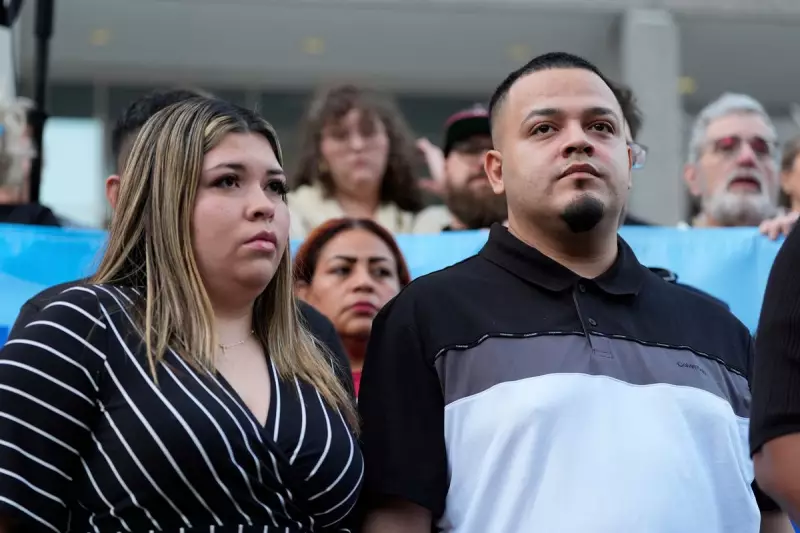
The American Dream has turned into a relentless nightmare for Kilmar Abrego-Garcia, a national of Eswatini who now faces the devastating prospect of being forcibly removed from the United States after calling it home for over twenty years. His case has become a stark emblem of the human toll exacted by the complex and often unforgiving US immigration system.
According to reports, Abrego-Garcia's world was upended when officials from Immigration and Customs Enforcement (ICE) recently detained him, initiating removal proceedings that could see him deported to a country he has not known since childhood. Having built a life, connections, and a family in the US over two decades, his potential expulsion represents a profound personal crisis.
A Life Built in the Shadow of Uncertainty
Like many immigrants, Abrego-Garcia's journey is marked by a search for stability and opportunity. His two decades of residence suggest deep roots within his local community, making the ICE order not just a legal directive but a personal catastrophe that severs those bonds. The emotional and psychological impact of such a threat on individuals and their families is immense.
The Broader Immigration Context
This case throws a harsh spotlight on the practices of ICE and the broader US immigration enforcement apparatus. It raises critical questions about the treatment of long-term residents, the use of detention, and the criteria used to judge who can stay and who must go. The outcome of such cases often hinges on intricate legal details, leaving individuals vulnerable to sudden and life-altering decisions.
While the specific legal arguments in Abrego-Garcia's case are not fully detailed in initial reports, his story is far from unique. It echoes the plight of countless others who live and work in the US for years, only to find their status challenged, often due to changes in policy, past minor infractions, or bureaucratic technicalities.
As he fights his deportation through the legal system, his battle is a poignant reminder of the fragile existence faced by many within the immigrant community. The final outcome of his case remains uncertain, hanging in the balance of a system known for its rigidity and lack of clemency.





